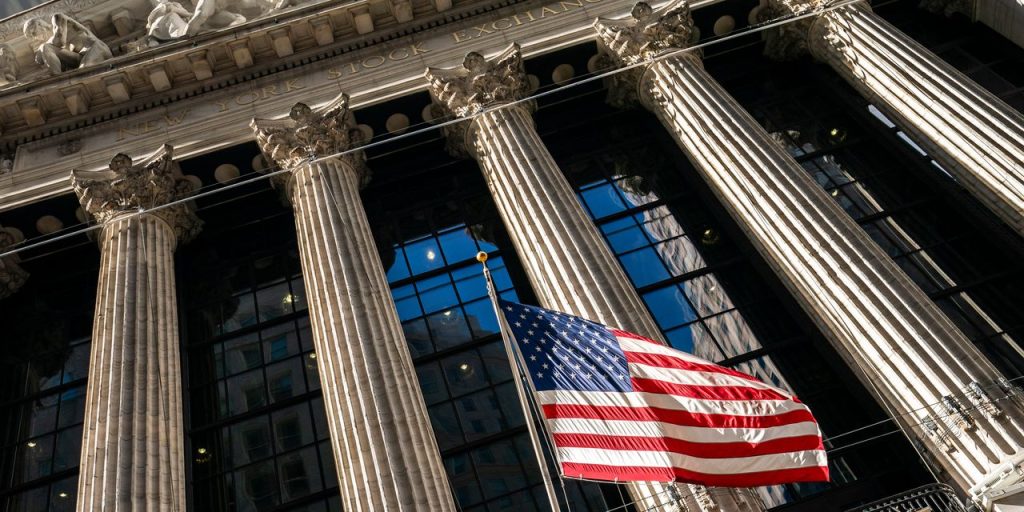Macroeconomic concerns are piling up, creating heightened uncertainty for investors.
“The debt-ceiling debate is really depressing,” said Stanley Druckenmiller, chairman and chief executive of Duquesne Family Office, at the 2023 Sohn Investment Conference held virtually on Tuesday. “I hope we don’t have a technical default,” he said, which would result in a “market event.”
Druckenmiller said the current macro environment, marked by still-high inflation in the U.S. even after aggressive tightening of monetary policy by the Federal Reserve, makes it more difficult for him to have confidence in his own forecasts. But after a “massive” asset bubble, he warned that a hard landing for the U.S. economy could involve an at least 20% decline in corporate profits, a rise in the unemployment rate to more than 5% from 3.4% currently, and an increase in bankruptcies.
In recent weeks, a few regional banks have failed in the wake of the Fed’s rapid pace of interest-rate hikes over the past year in its ongoing battle with high inflation.
“I am not predicting something worse than 2008,” said Druckenmiller, but he suggested it would be “naive” not to at least be open-minded to the possibility of something to the effect of the global financial crisis.
Read: What happens to the dollar if U.S. debt ceiling isn’t raised?
While the U.S. has the “privilege” of having the dollar as the world’s reserve currency, he said that also risks allowing the government to run “very myopic policies.” He warned that reckless fiscal and monetary policies can amount to “digging a bigger and bigger hole.”
“When you’re the reserve currency, you can continue digging your own grave,” he said, as “we have no check on us.”
Druckenmiller expressed concern over the government’s rising debt and questioned whether policy makers would allow for a “creative destruction” in a hard-landing scenario as opposed to responding with more monetary stimulus.
Read: How debt-ceiling worries could play out in risky corporate bond market, according to CreditSights
A hard landing would bring investment opportunities.
Artificial intelligence may be one such area, and it could turn out to be as impactful on productivity as the personal computer was, Druckenmiller said, noting that Nvidia Corp.
NVDA,
is one way his firm is participating in exposure to AI.
In a separate session at the Sohn Investment Conference, Bridgewater Associates Co-Chief Investment Officer Karen Karniol-Tambour said that it’s still unknown whether AI could be used for an investment edge, but it’s something the world’s largest hedge-fund firm is studying.
In speaking to the general state of capital markets, she said “the world is changing really rapidly and capital markets tend to be slow to adapt.” In one of the toughest times to be an investor in many years, she said it may be time to think about asset diversification differently.
In her view, Japan represents an “underrated” investment opportunity in developed markets. She also labeled emerging markets and gold
GC00,
as underrated.
“I think it has a long way to run,” she said of the precious metal.
Meanwhile, the U.S. stock market ended lower Tuesday, with the Dow Jones Industrial Average
DJIA,
falling 0.2%, the S&P 500
SPX,
shedding 0.5% and the Nasdaq Composite
COMP,
dropping 0.6%, according to FactSet data.
Read: Biden describes debt-ceiling meeting as ‘productive,’ but McCarthy says he ‘didn’t see any new movement
Read the full article here




